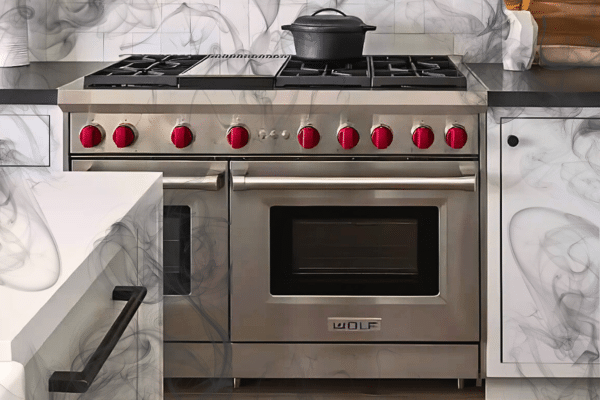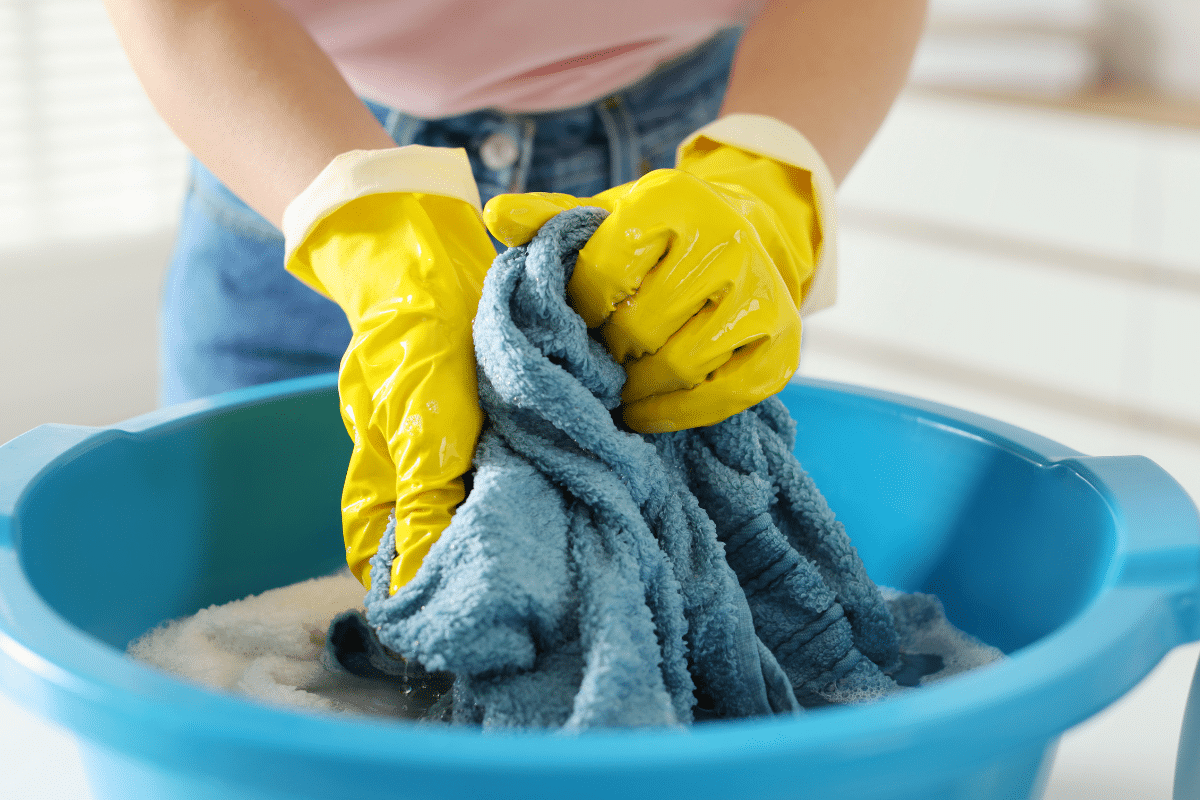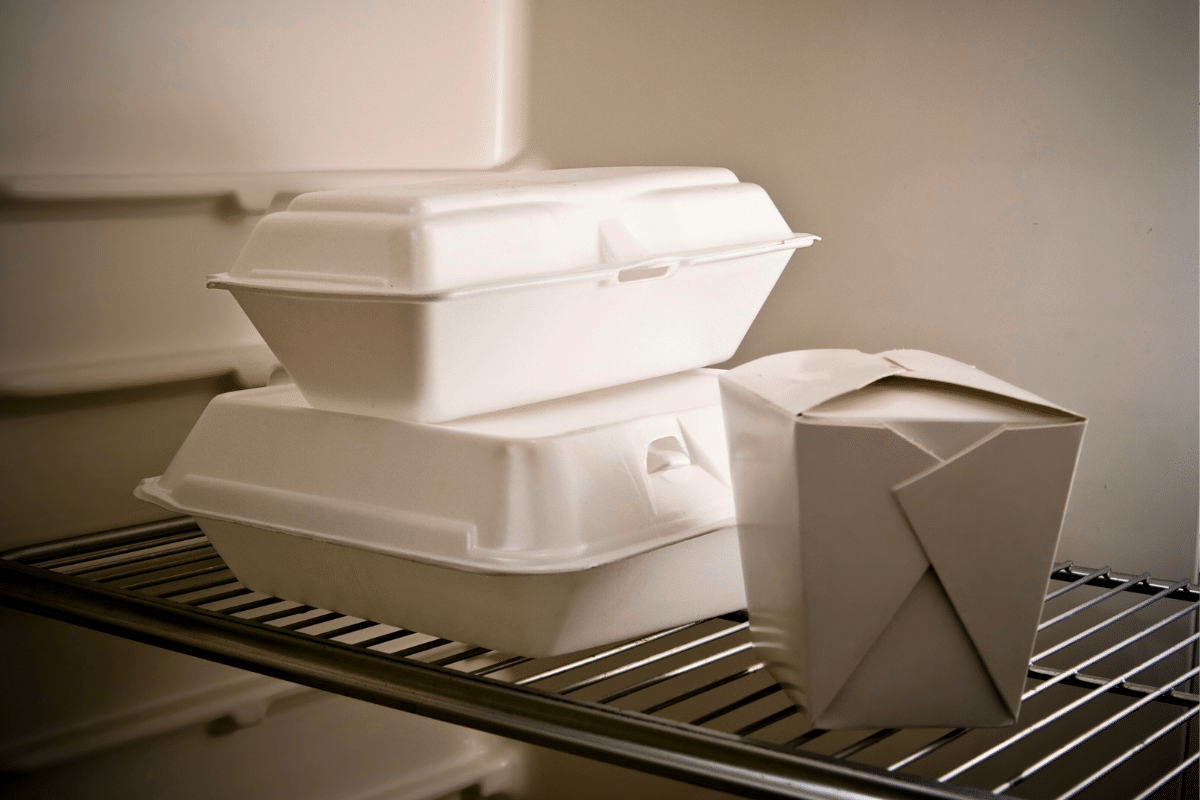When your Wolf oven smells like gas when it’s off, alarm bells sound in your head. Gas odors indoors should never be ignored. If you smell gas, that raises immediate safety concerns. If you’ve noticed this issue, you’re probably wondering whether it’s dangerous, what you should do first, and what might be causing it. Before diving into the technical side, let’s start with safety. For anyone local, our Coquitlam appliance repair experts are here to help guide you through the process.
Wolf Oven Smells Like Gas When It’s Off: What to Do Immediately
When your Wolf oven gives off a gas smell when it’s not lit, safety comes before anything else. Gas leaks are dangerous because natural gas is highly flammable. Even a small spark can ignite it. Inhaling gas is also harmful, as it displaces oxygen in the air and can cause dizziness, nausea, or more serious health effects. Always err on the side of caution and complete the following safety checks.
- Shut off the gas supply. Locate the shut-off valve behind your oven or in your utility space and turn it off immediately.
- Ventilate the area. Open windows and doors to bring in fresh air and help clear out gas.
- Avoid all ignition sources. Don’t light a match. Any spark could ignite gas.
- Leave the house if the smell is strong. If ventilation doesn’t quickly help, exit your home and call your local gas company.
By taking these steps, you’ll minimize risks until the source of the odor can be identified and repaired safely.
Common Reasons a Wolf Oven Smells Like Gas When It’s Off
If your Wolf oven smells like gas when it’s off, it’s usually a sign that something isn’t sealing or functioning as it should. Understanding the “why” behind each issue can help you feel more confident about the repair process.

1. Faulty Shut-Off Valve
The problem: The shut-off valve is designed to stop the flow of gas completely when your oven isn’t in use. So, if your Wolf oven smells like gas when it’s off, it’s likely that small amounts of gas can escape if it becomes worn or doesn’t close tightly.
Why it matters: Even a tiny leak at the valve can lead to a noticeable odor in your kitchen.
The solution: A technician can test the valve and replace it if it’s not sealing correctly, restoring safe operation.
2. Worn Gaskets or Seals
The problem: Gas ovens rely on several seals to keep gas and heat where they belong. Over time, these gaskets can wear out, dry, or crack.
- Oven door gasket: Runs along the inside edge of the oven door, keeping heat and combustion byproducts contained in the oven cavity.
- Burner base seals: Found where the burner head meets the cooktop surface. These prevent unburned gas from leaking around the base instead of through the burner ports.
Why it matters: When these seals lose their tight fit, faint but persistent gas odors can escape into your kitchen.
The solution: Replacing worn gaskets restores a proper seal, improves safety, and helps your Wolf oven operate at peak efficiency.
3. Igniter Malfunction
The problem: The igniter’s job is to spark and light gas as soon as it’s released. If the igniter is weak, dirty, or failing, gas can escape without burning off properly. This is why your Wolf oven smells like gas when it’s off.
Why it matters: This can cause lingering gas smells even when the oven is off, especially if the igniter lets small amounts of gas leak during standby.
The solution: Replacing the igniter restores proper ignition, eliminating odors and improving performance.
4. Internal Component Wear
The problem: Regulators, control valves, and other internal gas controls gradually wear out with age and use.
Why it matters: When these parts fail, they may allow gas to leak or fail to regulate flow correctly, leading to odors even when the oven is off.
The solution: Because these components require specialized tools to test, a trained technician should diagnose the issue and replace the failing part.
5. Installation Issues
The problem: If the oven wasn’t installed with perfectly tight and secure fittings, small leaks can develop where the gas line meets the appliance. This sometimes shows up right after installation or after the oven has been moved.
Why it matters: Loose or misaligned fittings allow gas to escape slowly into your kitchen.
The solution: A professional can recheck the installation, tighten or replace fittings, and confirm the connections are sealed properly.
For more details on fixing issues like these, check out our dedicated page on Wolf repair.
A Wolf oven that smells like gas when it’s off should never be ignored. Act quickly by shutting off the supply, ventilating, and avoiding sparks to keep your home safe until the issue can be resolved. Once the area is secure, the next step is determining the cause, whether it’s a valve, line, or internal component.
If you need help diagnosing or resolving this problem, contact Priority Appliance Service. Our team is here to answer your questions and guide you through the next steps to ensure your home stays safe.






























